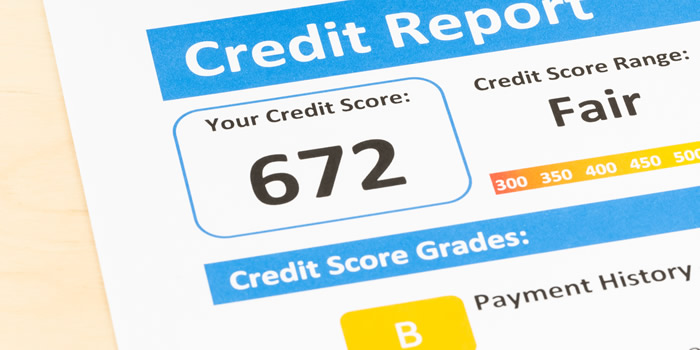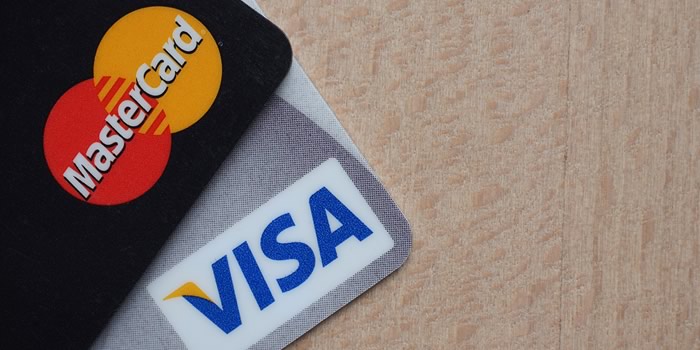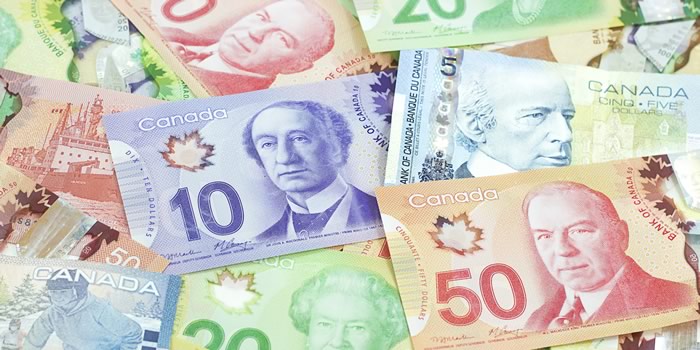
Have you ever been curious what your credit score is? I think most of have wanted to know what their credit score is at one point or another. Whether you’re applying for a mortgage, credit card or car loan, having a good credit score can mean the difference between being approved at a low interest rate and being declined altogether.
For the longest time it wasn’t so easy for Canadians to find out what their own credit scores were. That is until credit scores became available online. The credit reporting bureaus Equifax and TransUnion and other online lenders made them available online. Equifax and TransUnion charge for their credit scores, while other online lenders offer you your credit score for free.
Canadians are now more aware about what their credit is, but what if I told you that the credit score you obtain online likely isn’t the one most lenders are using? Would you be surprised? CBC Marketplace recently aired on an excellent episode on this very subject.
Different Credit Scores Using Different Services
In the episode, CBC Marketplace asked three Canadians to check their credit scores online using four different services. The three participants expected to have a similar credit score through each service, but that wasn’t what they got.
The three participants found that they had a different credit score with each service they used. For example, for one of the participants, he had a “very good” credit score of 762 with one service and a “below average” credit score of 637 with another service. How is that possible? You might think that the credit scores are based on the same principles, but you’d be wrong.
While it’s true that your credit score is based on several factors, including your payment history, credit utilization, credit history and types of credit, each of these factors may be weighted differently depending on the credit reporting bureaus and lenders.
And I have more bad news. None of the credit scores you obtain online are likely used by lenders. CBC spoke with several lenders who said that they wouldn’t accept the credit scores available online.
Most Lenders Use FICO Scores
The credit score that most lenders use is the FICO score, previously known as the Beacon score. FICO is a U.S. company that sells its score to Equifax and TransUnion. According to FICO, 90 percent of lenders in Canada use this score.
But sadly, Canadians aren’t able to access their FICO score, at least not on their own. The only way for you to access your FICO score is by asking a lender to do it on your behalf.
While you may be able to get your credit score this way, the downside is that it counts as what’s known as a “hard hit,” and could negatively impact your credit score for a shot time. Lenders also aren’t allowed to share a copy of your FICO credit report with you. They can only discuss it and provide insight.
When asked about the discrepancy between the credit scores, Equifax and TransUnion refused to provide any further insight, claiming propriety reasons.
The Bottom Line
This isn’t to say your online credit score is completely useless, but it should be taken with a grain of salt. Rather than being overly concerned with what your credit score is on one particular service, it’s far better to focus on using credit responsibly.
By exhibiting good credit behaviour, you’ll significantly improve your chances of having a good credit score.
- Aim to keep your credit utilization below 35 percent and always below 50 percent on revolving debt, such as lines of credit and credit cards.
- Aim to pay off your debt on time and in full. If you can’t pay the full amount, at least make the minimum payment.
- Don’t apply for too much credit within a short time span, as this can make lenders nervous and lead to a lower credit score.




